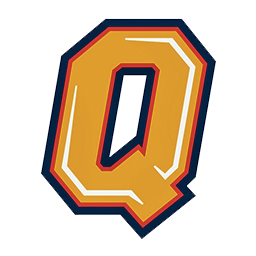(Ottawa, Ontario – August 20, 2020) – The Canadian Centre for Ethics in Sport (CCES) has made changes to how cannabis anti-doping rules are applied for student-athletes who compete only in U SPORTS or Canadian Collegiate Athletic Association (CCAA) events. While cannabis remains a substance that is prohibited in competition under the World Anti-Doping Agency’s (WADA) Prohibited List, for these athletes only, the CCES will not analyze samples for cannabinoids. Accordingly, these athletes will not receive an adverse analytic finding – AAF, or positive test – for cannabis.
In summary:
- For a student-athlete who only competes in U SPORTS or CCAA events, a sample will not be analyzed for cannabis and therefore a doping control test will not result in an adverse analytical finding for the presence of cannabis.
- This revised protocol does not apply and an in-competition sample will be analyzed for the full menu of prohibited substances (including cannabis) for student-athletes who are:
- Also included in their sport’s National Athlete Pool.
- Competing in a non-U SPORTS or non-CCAA event, for example, another organization’s national championship.
- Attending an international event where the CCES does not have jurisdiction, for example, FISU – an International University Sports Federation event or World Championship.
Under the World Anti-Doping Code, anti-doping organizations can elect to analyze samples for less than the full menu of prohibited substances for certain athletes who are neither international-level nor national-level athletes. WADA is aware that the CCES has elected to remove cannabinoids from the menu of prohibited substances analyzed for certain student-athletes who are below the national level.
Historically, cannabis cases in U SPORTS and CCAA have been unrelated to performance enhancement – rather, they are inadvertent violations caused by the fact that cannabis is only prohibited in-competition and can take 30 days to clear from a human body. As a result, the CCES was motivated to use the flexibility allowed within the Code to develop the new protocol for student-athletes who meet the criteria.
The CCES has long advocated for the removal of cannabis from the WADA Prohibited List, and the legalization of cannabis in Canada reflects a shifting societal view of how to manage cannabis education and harm reduction.
Although we will no longer analyze doping control samples for cannabis in the limited circumstances described, student-athletes will remain subject to any conduct and/or sport-related codes of their institutions, the CCAA or U SPORTS, which may continue to place further restrictions on cannabis use.































































































































































